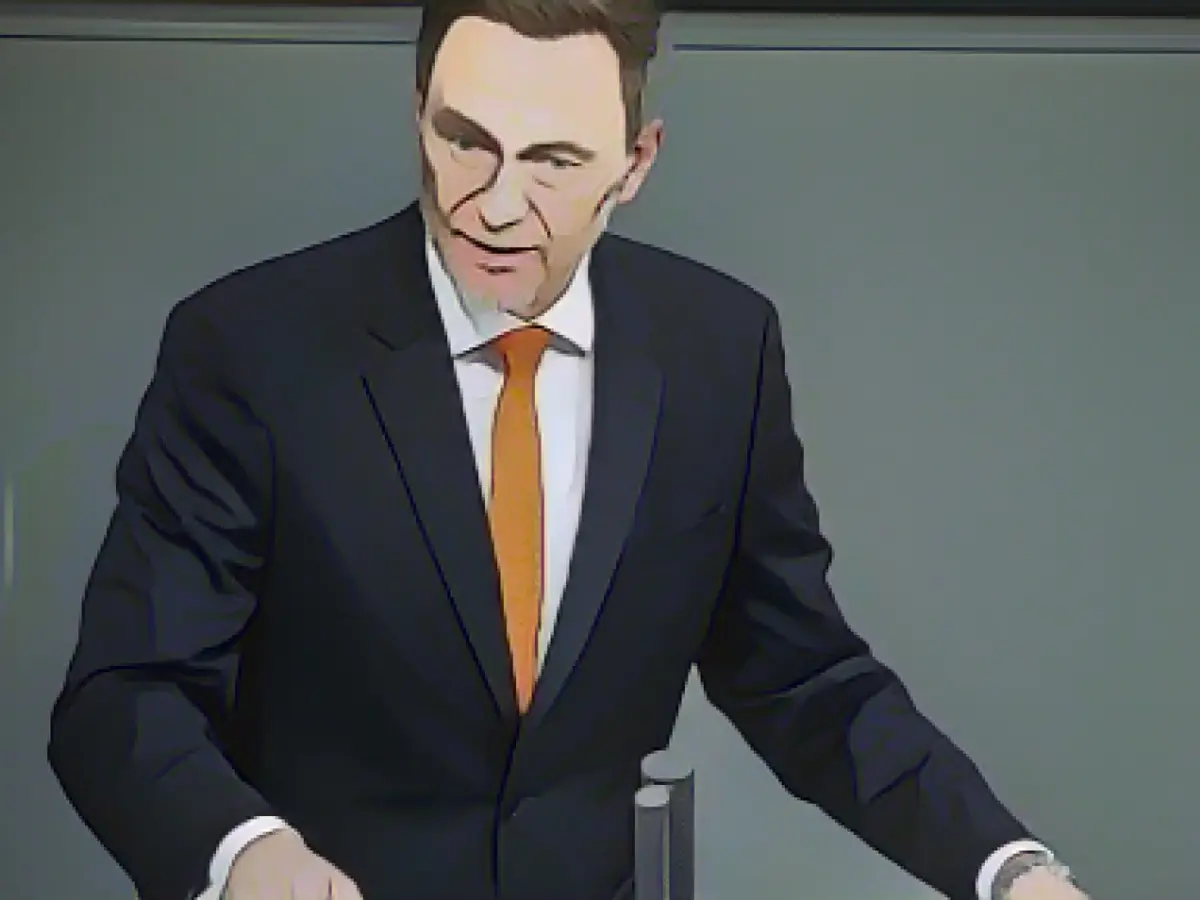Lindner Leans into Modest Debt Brake Adjustments
In the face of calls for major debt brake reform from the SPD and Greens, German Finance Minister Christian Lindner (FDP) is pushing back. While he's not enthused about a total overhaul, he isn't ruling out some tweaks next year. Lindner wants to better align the allowed debt with economic fluctuations, but that doesn't mean piling on debt – he expects the extra leeway in downturns to be recouped during upturns.
The FDP boss has plans to tinker with the calculation of the economic component, currently used to enable more flexibility during economic downturns. Yet, he stresses this isn't tied to the current government's budget situation.
While federal politicians toy with the idea of a substantial debt brake revision, it requires a two-thirds majority in both the Bundestag and Bundesrat – a tall order, given the FDP and large sections of the CDU/CSU oppose this. However, an amendment to the German Basic Law might not be necessary to tweak the economic component. A simple majority in the traffic light coalition could suffice.
A heavyweight supporter of investment in the future, Berlin's Mayor Kai Wegner (CDU), views the current budget limitations as a hindrance. He argues there's a substantial need for investments in crucial areas like infrastructure, climate protection, and housing as well as a mission to retain companies, particularly in the Eastern part of Germany.
Divisions surfaced, with fierce opponents like Friedrich Merz (CDU) adding to the chorus against the proposed reforms. Schleswig-Holstein's Minister President Daniel Günther also shares Merz's sentiments. He believes that incurring debt for the sake of debt and burdening future generations is not the solution.
Context and Collateral Information
In the aftermath of the Federal Constitutional Court ruling in mid-November that invalidated 60 billion euros from the 2021 budget reallocation to the Climate and Transformation Fund, the discussion around debt brake reform has intensified. The Court also prohibited setting aside emergency loans for later use, resulting in budget gaps that the coalition of SPD, Greens, and FDP managed to address only after protracted disputes this week.
Sources:
- Editorial Network Germany
- German Press Agency
- Stern
Enrichment Insights
Christian Lindner's stance on the debt brake suggests a focus on fiscal discipline and the reduction of public debt. His commitment to fiscal responsibility, in part, includes using specialized funds to accommodate coalition partner demands. However, this strategy attracted criticism and contributed to political tensions. As the elections loom, talking points around the debt brake will likely remain a prominent topic, especially considering the CDU/CSU's inclination to maintain the existing debt brake rules.
[1] Enrichment Data: Burn-Eschbach, Anina, et al.“Germany’s Debt Brake - The Political Dimension of Fiscal Rules.”DiW Berlin, 11 Jan. 2023, . Accessed 22 Jan. 2023.








